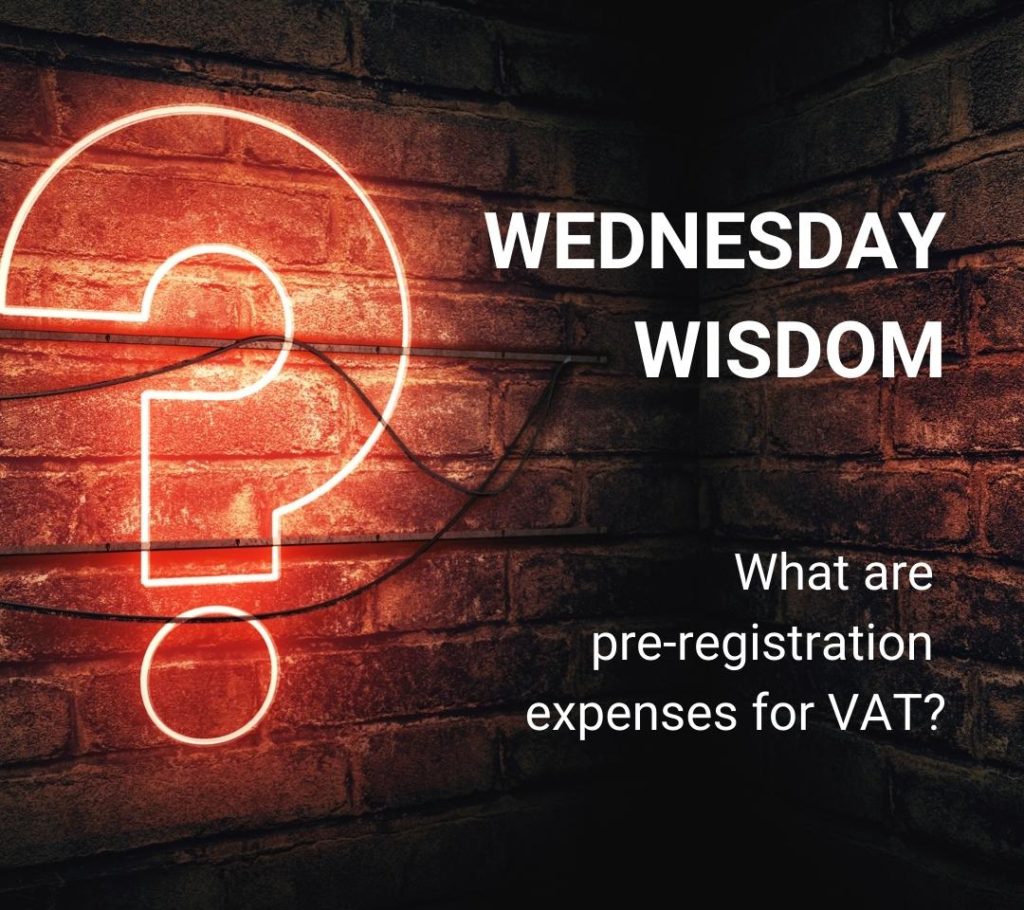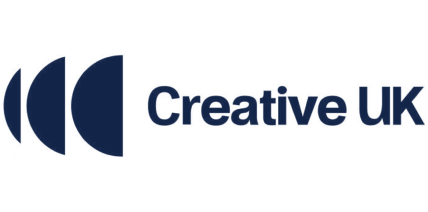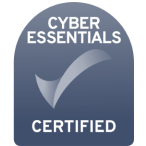As a business owner, freelancer or self-employed creative it is likely you have had to navigate isolation and overwhelm at some point along your professional journey. If you are a creative sole-trader who works independently, your daily structure will only exist if implemented by you. No one’s holding you accountable to a specific timetable, so the luxury of the daily freedom can turn out to be the horror of it.
Typically, this might happen at the busy and unpredictable time of wanting to implement some kind of change. This may be expanding your client base, diversifying your audience, growing the team, or relocating. It may even be at the very beginning of your journey and you’re yet to test the market whilst researching which business model will best work for you.
If analysis paralysis kicks in, coaching is all about getting unstuck, finding an assist to facilitate your ideas and fill any gaps in your skill set.

How to choose a Business Coach?
The coaching industry has exploded in recent years, and you’d be forgiven for being put off the idea by the mine field of ‘help’ available.
So how do you find the right coach for you?
1. Clarity
Be clear about what you want. Make sure what you want/need is actually a business coach! That may sound ridiculous but there are differences between a business coach, a life coach and a consultant so be clear about what you want help with.
Business coaching is about implementing best practice systems which have been proven to work in actual successful businesses. A business coach may look at what is causing a distraction from your work related performance, but the focus will always be on the business and how to progress that business.
Perhaps you need more help with work-life balance? Or perhaps it’s advice on which direction to head with your career. All of these all have their place in the world of you, your brand, your lifestyle and how this impacts your influence and your business. A life coach or transformation coach will turn the focus to you, and your motivation.
If you specifically want help in one area, for example a total revamp with your branding, you may find outsourcing to a consultancy, allows you to get the results without distracting your focus from running the business.
2. Testimonials
You’ve found a coach, now look them up on LinkedIn. What’s their experience? Who have they worked with? If there are testimonials on their website, what did they achieve with their client? Look for key metrics like increased traffic to website, sales growth etc. There’s no harm in you following up to see if they are still in business – in fact do it!
3. Making the most of your free consultation
The latest trends have a focus on authenticity, to grow and reach the realms of business success you have envisioned. Whilst there are many magnetic motivators out there who can get you excited about working together, what you want to listen for are the actual terms that will grow your business. A business coach should talk to you in terms of customer segmenting, cash flow, actual and sales forecasting, profit margins etc. In turn, you can be honest about your knowledge level but ask and look for an answer that inspires confidence. A wishy-washy response without any reference to business strategy is a red flag to look out for. Another tip is write all your concerns down before your trial and be upfront in your meeting.
Everybody Wins
Coaching at its best is as rewarding for the coach as it is for the client, and open communication and trust are important. However it is an investment you are making and this needs to be respected by both parties. In business terms, it’s all about the ROI and you getting the results you seek.

Take advantage of Experts!
There are many specialist business coaches out there,if you have any recommendations we’d love to hear about it in the comments section. Meanwhile we have our very own in house expert in Founder and Director Erin Walls. You have the chance to take advantage of all the valuable advice Erin has emassed at a special workshop on 15 November 9.30am – 12, (location TBC). As part of the Creative Industry Federation’s series of practical workshops for members, they are organising a session to explore how businesses can make the best use of the financial data available to them to make strategic business decisions.
Erin will cover issues such as how to determine the best time to invest in new equipment, which pitches to prioritise, and how to know which contracts will help grow your business further.
In answering these questions, you will look at how to analyse and evaluate the financial information that your business already collects and what new information you might need. Follow this link to book your place







